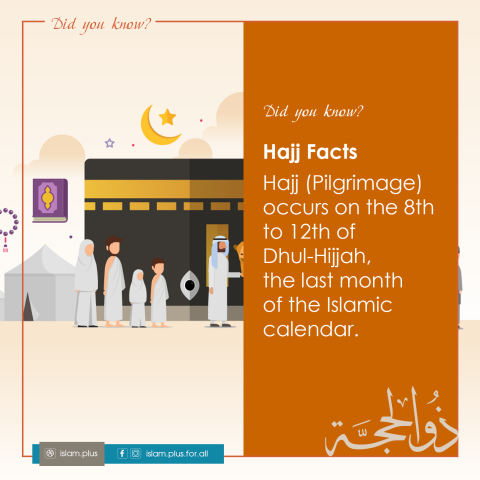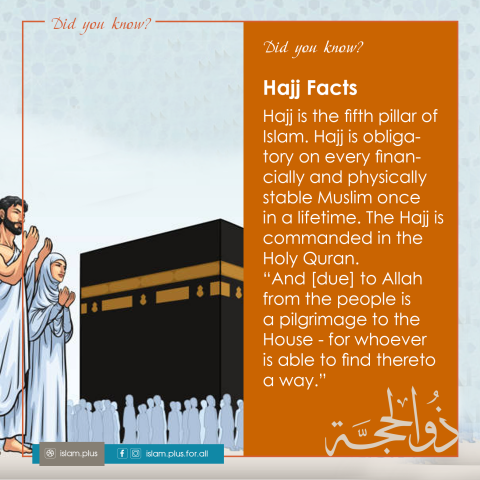
By Seyran Aryfov
Surah Al-Fatihah (the Opener) is one of the greatest surahs in Qur’an, reflecting, as many commentators say, the whole Book of Allah.
Imam Tabari wrote:
- “The Surah is named Al-Fatihah, namely The Opener, because it opents the Holy Qur’an, being the first surah in structure, but not in order of revelation. Recitation in every prayer commences with it.”
Al-Fatihah is a Meccan Surah, revealed before Prophet Muhammad’s (peace and blessings be upon him) resettlement to Medinah, and is also named Umm al-Kitab, the Mother of the Book, the entire Qur'an is summarised therein. That includes praising Allah, declaring His godliness and power, and worshiping Allah through obeying His rulings. It contains the plea for guidance and guarding from mispersuasions.
Al-Fatihah is also named Sab'ul-Mathani, the Seven Oft Repeated Verses, because they are frequently recited and indeed recited in every rak'ah of the prayer.
Surah Al-Hijr (The Rocky Tract) says:
And We have certainly given you, [O Muhammad], seven oft repeated [verses] [Qur’an, 15:87]
Many Companions believed that the revelation was about Al-Fatihah.
The virtues of surah Al-Fatihah was mentoned by Prophet Muhammad in numerous hadith.
Imam Ahmad reported that Ubayy ibn Ka'b recited Al-Fatihah to prophet Muhammad, peace and blessings be upon him, after which the Messenger addressed him the following words:
“By the One in Whose Hand is my soul, Allah has not revealed the likes of it in the Tawrah, Injil, Zabur or the [rest of the] Qur'an. It is the Seven Oft-Repeated verses.”
Before reciting Al-Fatihah, one should seek refuge in Allah from Satan by saying “Audhu billahi As-Sami' Al-Alim min Ash-Shaytan ar-Rajim”, for it is said in surah An-Nahl (The Bee):
So when you recite the Qur'an, [first] seek refuge in Allah from Satan, the expelled [from His mercy]. [Qur’an. 16:98]
“Audhu” is a verb meaning seeking refuge from something or someone, appeal to someone for protection and patronage.
“Shaytan” is not a proper noun despite popular belief. The word itself derives from the verb “shaytana”, meaning “stray from the verity”, “stray from the right path”, “being non-submittant and non-obedient”. The word “Shaytan” is applied to both jinn and men.
Surah Al An’am (The Cattle) says:
And thus We have made for every prophet an enemy - devils (shaytans) from mankind and jinn, inspiring to one another decorative speech in delusion [Qur’an. 6:112].
The word “rajim” means “the one stoned”. Its root “rajm” in Arabic means “to stone”, “to throw stones”, and can also mean murder, curse, expulsion or humiliation. Sometimes, this word unites all of those meanings:
They said, "If you do not desist, O Noah, you will surely be of those who are stoned." [Qur’an. 26:116]
Most translators usually pick stoning of all meanings, but many commentators, including Imam Al-Qurtubi noted that the threat from Prophet Noah’s non-believing enemies included curse, humiliation, expulsion and murder.
After these words, in which the believer asks for God’s protection and riddence of evil, deceit and schemes of Shaytan who is damned by Allah and removed from his Mercy, one should say “Bismillahi r-rahmani r-Rahim”, i.e. “With the Name of Allah, Most Beneficent, Most Merciful”.
“Bismi” means “in/with the name of someone or something”. “Bi” is the particle translated as “with, for, with”, and “ism” mans “name”. That is one reads in the name of someone, with the help of someone, relying on someone.
Any cause, be it labor, rest, eating, sleeping or buying something, a Muslim should begin with those very words, meaning his total reliance on Almighty and All-Knowing Allah, Who has power over everything in this world, and nothing can hide from him and nothing can match Him.
The Messenger of Allah, peace and blessings be upon him, said:
“Any meaningful deed started without “Bismillah” will be incomplete”.
Imam Al-Qurtubi wrote:
“Allah is the proper noun for the Almighty Creator and the Lord of the worlds, and only the True God can be called by that name. It is the greatest of His names, comprehensive of all the rest of His names.”
The rest of Allah’s names disclose His attributes and qualities, thus they can be explained and translated, but not the name Allah which embraces His other names and indicates His Greatest and Most Beautiful essence.
Al-Hashr (The Exile) says:
He is Allah, other than whom there is no deity, the Sovereign, the Pure, the Perfection, the Bestower of Faith, the Overseer, the Exalted in Might, the Compeller, the Superior. Exalted is Allah above whatever they associate with Him. He is Allah, the Creator, the Inventor, the Fashioner; to Him belong the best names. Whatever is in the heavens and earth is exalting Him. And He is the Exalted in Might, the Wise. [Qur’an. 59:23-24]
His name is Allah, and every other name goes after that name, same as qualities follow the essence. Famous Islamic scholar Ibn Jauzee noted that there were two opinions among theologists regarding the idea whether the word Allah was derived from some root or not. Al-Khaleel, the great expert in Arabic and commentator of Qur’an, also mentions those two opinions.
Ar-Rahmanee r-Rahim are the two names of Allah Almighty. They are derived from the root “rahma”, meaning “mercy, kindness”/ We will present the broader meaning of those names while commenting surah Al-Fatihah.
The meaning of Bismillah, as it is clear by now, is that any Muslim begins with the name of Allah to recite the Holy Qur’an that is the direct speech of Allah. The Muslim calls their Lord by His greatest name, and asks Him for help and support in their every deed, at the same time acknowledging Godliness and Power of the Creator.
Imam Tabari noted that Almighty, having taught His Prophet to begin any deed with the name of Allah, strengthened his faith, so that he could educate every Muslim, telling them to follow his lead and begin every cause with the name of Allah. Thus the believers follow the path of Allah, submitting to His will and rulings everywhere and all the time. With these words, they open their letters and books, with these words they wake up and go to sleep, constantly reminding themselves of True God, His path, and their life goals,the main of which is to please Allah.
Before reciting a surah from Qur’an, a Muslim prepares himself for saying the greatest words in the Universe, i.e. the timeless words of Ever-lining, Almighty, All-Knowing and All-Seeing Creator and Lord of the worlds, the King of the Day of Judgement.


 Quran
Quran






Add new comment